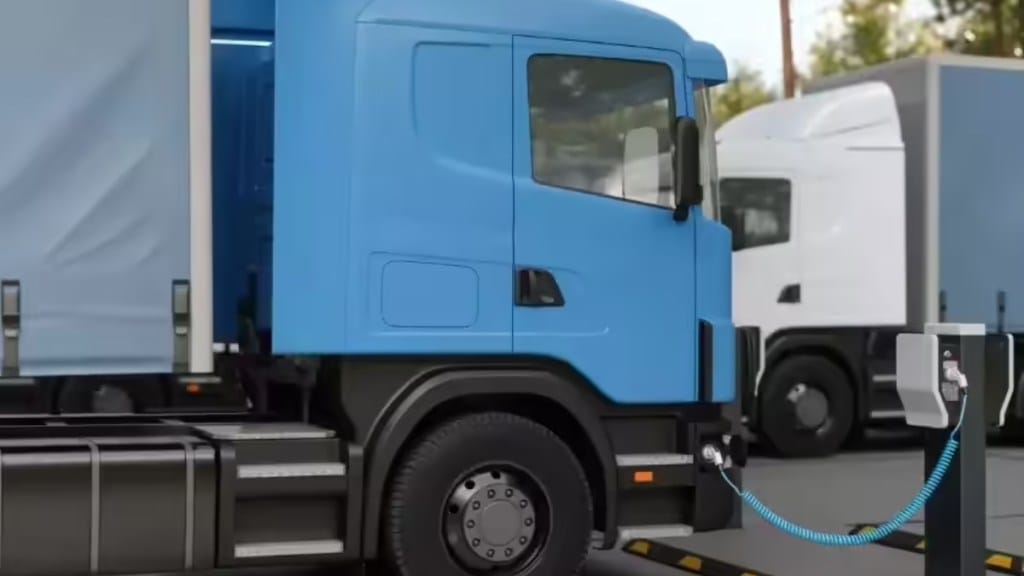Tata Motors, Ashok Leyland, PMI Electro Mobility, JBM Auto, EKA Mobility, along with electric truck makers such as Olectra Greentech, Propel and IPLT Demo, are likely to be granted a six-month relaxation by the government to import fully assembled motors that use heavy rare earth materials. The exemption will be given under the Rs 10,900-crore PM Electric Drive Revolution in Innovative Vehicle Enhancement (PM E-Drive) scheme, and means that for this limited window, such imports will not disqualify them from claiming incentives on account of domestic value addition, provided all other conditions are met.
Official sources said that such a reprieve, however, will not be extended to two-wheelers and three-wheeler manufacturers. The ministry of heavy industries held consultations with the segment’s leading firms, including Ola Electric and Bajaj Auto, which reportedly conveyed that they are already adopting alternatives like low rare earth magnets, ferrite-based magnets, and even magnet-less designs, sources added. As a result, the ministry feels they do not need any relaxation.
Technology gaps and supply constraints
Officials said that e-buses and e-trucks still rely heavily on permanent rare earth magnets, and face both technology gaps and supply constraints. They are facing a severe crunch because of China’s new licensing policy, which has slowed approvals for exporting heavy rare earth magnets to Indian component makers.
While an internal combustion vehicle typically uses about 100 grams of rare earth magnets, an electric vehicle requires close to 3 kilograms, and an electric bus can use anywhere between 7 and 30 kilograms. With China controlling roughly 70% of global rare earth mining and 90% of magnet production, the supply chain bottleneck has become a strategic vulnerability.
The timing is significant, as the government is preparing to float a tender for around 10,000 e-buses under the PM E-Drive scheme and is keen to accelerate deployment of electric trucks. The scheme’s funding structure reflects this priority, with nearly half of the outlay earmarked for buses and trucks – Rs 4,391 crore for e-buses and Rs 500 crore for clean trucks — while support for two and three-wheelers ends in March 2026. Buses and trucks, by contrast, will continue receiving backing until March 2028.
Relaxation will be temporary
Officials said that any such relaxation will be temporary and remain only until either China resumes timely approvals for magnet exports or domestic alternatives become commercially viable. Though Chinese authorities recently indicated that exports could restart, industry players say clearances are still pending.
Meanwhile, the government is also working on a separate rare earth magnet manufacturing programme with an outlay of over Rs 5,000 crore, aimed at producing about 6,000 MT of permanent magnets locally to reduce dependence on imports.
